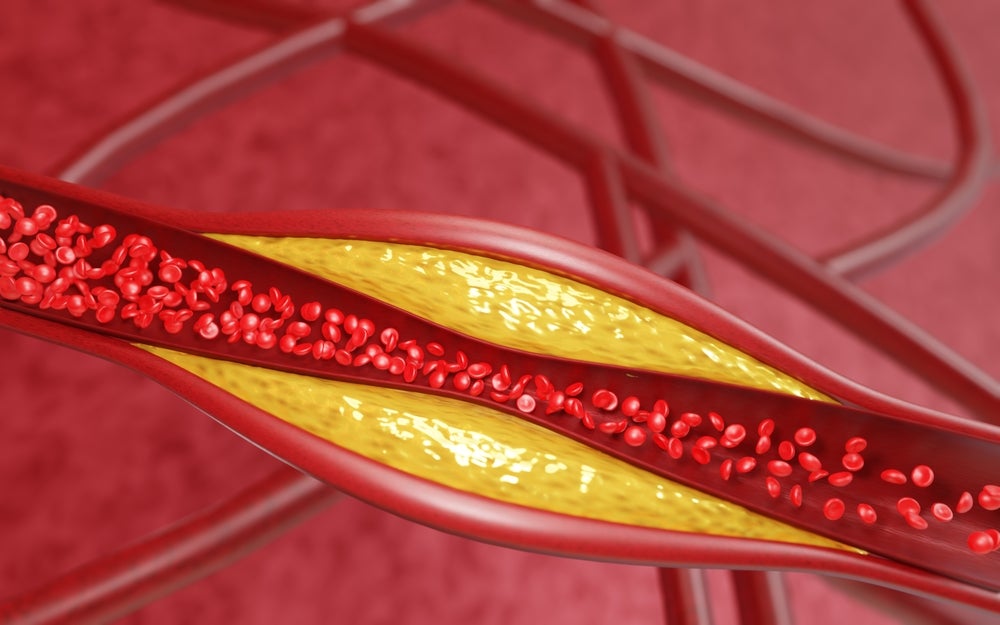Daiichi Sankyo has announced the final two-year follow-up data from the German cohort of the MILOS study. The MILOS study is a real-world investigation into the use of bempedoic acid for managing high cholesterol levels. Bempedoic acid and its fixed-dose combination with ezetimibe, with or without other lipid therapies, has been shown to significantly reduce low-density lipoprotein cholesterol (LDL-C) levels in patients with hypercholesterolemia or mixed dyslipidemia.
Conducted across Germany, patients’ LDL-C levels were measured at pretreatment, year one, and year two. Over the two-year period, LDL-C levels showed a mean reduction from 3.1 millimoles per litre at pretreatment to 2.0 millimoles per litre at year two, representing an average decrease of 30.3%. The safety profile of bempedoic acid observed in this real-world population was consistent with that seen in the CLEAR clinical trials.
The market for bempedoic acid in the dyslipidemia space is highly competitive, with several established players such as statins and proprotein convertase subtilisin/kexin type 9 inhibitors. However, bempedoic acid offers several advantages over these therapies, including a different mechanism of action and a lower risk of adverse effects such as muscle pain and liver toxicity. As such, bempedoic acid is expected to see significant growth in the dyslipidemia market, particularly in patients who are unable to tolerate or do not respond to other lipid-lowering therapies.
Several key opinion leaders (KOLs) from leading data and analytics company GlobalData have expressed that the combination of bempedoic acid and ezetimibe has the potential to become a widely used treatment option. Particularly in patients with statin intolerance, this may lead to the consideration of combining bempedoic acid with ezetimibe as an alternative treatment option.
KOLs from GlobalData have also highlighted the unmet need for effective triglyceride-lowering therapies in the field of dyslipidemia. High triglyceride levels are a common lipid abnormality that is associated with an increased risk of cardiovascular disease. While current standard-of-care therapies for dyslipidemia such as statins are effective at lowering LDL-C levels, they have limited efficacy in lowering triglyceride levels. Therefore, there is an unmet need for better therapies to specifically target high triglyceride levels. This study offers promising prospects for effective dyslipidemia treatments.

US Tariffs are shifting - will you react or anticipate?
Don’t let policy changes catch you off guard. Stay proactive with real-time data and expert analysis.
By GlobalData





